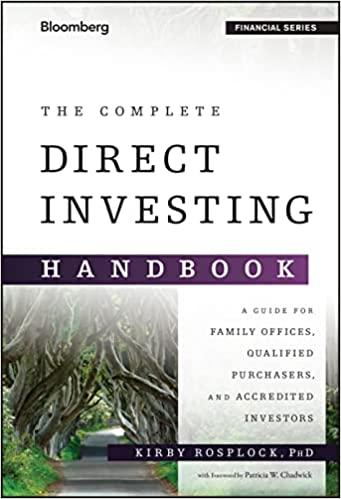Question
just need help with b and c 1. In 1992, several European countries had their individual currencies pegged to the ECU in anticipation of forming
just need help with b and c
1. In 1992, several European countries had their individual currencies pegged to the ECU in anticipation of forming a common currency area. In practice, this meant that countries were pegged to the German Deutsch Mark (DM). This question considers how different countries responded to the European Exchange Rate Mechanism (ERM) crisis. For the following questions, you need only consider short-run effects. Also, treat Germany as the foreign country.
a. Following the economic consequences of German reunification in 1990, Germanys central bank raised its interest rate. On September 14, 1992, Great Britain decided to float the British pound () against the DM. Using the FX and money market and treating Britain as the home country, illustrate the effects of Germany increasing its interest rate.
b) After Britain abandoned the ERM (e.g., allowed its currency to float against the DM), investors grew concerned that France would no longer be able to maintain its currency peg. Frances central bank wanted to keep its currency (French franc, FF) pegged to the DM. Using the FX and money market and treating France as the home country, illustrate the effects of Germany increasing its interest rate, assuming that the currency peg is maintained.
c) Denmark had a similar experience to that of Britain and France. Suppose Denmark doesnt want to give up monetary policy autonomy, but wants to maintain the exchange rate peg. Is this possible? Explain why or why not.
Step by Step Solution
There are 3 Steps involved in it
Step: 1

Get Instant Access to Expert-Tailored Solutions
See step-by-step solutions with expert insights and AI powered tools for academic success
Step: 2

Step: 3

Ace Your Homework with AI
Get the answers you need in no time with our AI-driven, step-by-step assistance
Get Started


